KUALA LUMPUR, May 26 — COVID-19 positive cases are piling up in hospitals throughout the country by the day, with many patients requiring intensive care involving ventilator support.
In fact, many hospitals are running out of Intensive Care Unit (ICU) beds to treat COVID-19 patients due to a surge in cases in Category 4 and 5.
So, how can private hospitals lend their hand to reduce the government’s burden?
According to Association of Private Hospitals Malaysia president Datuk Dr Kuljit Singh, private healthcare providers would do their best to help although they were not designed to treat pandemic and infectious diseases.
He said contrary to public perception, private hospitals have limited resources in terms of specialists and nurses, facilities, manpower and capacity to treat COVID-19 patients in large numbers, especially those requiring critical care.
Thus, he emphasised the importance of moving non-COVID-19 patients to private hospitals as a way to make room for COVID-19 cases in government facilities.
He said the situation had not reached a stage requiring the government to take over private healthcare resources under the Emergency Ordinance.
“It’s more workable if we can help by taking over the non-COVID-19 patients from public hospitals and look after them, thus allowing the government to exclusively treat COVID-19 to meet the current increase in the number of patients,” he told Bernama when contacted.
On Jan 18, the government unveiled the Permai Assistance Package, which includes a RM100 million allocation for private hospitals to receive COVID-19 patients to help alleviate the strain on the public healthcare system.
Dr Kuljit said government hospitals have excellent expertise, vast experience and strong manpower in managing COVID-19, as they have been fighting the pandemic for more than a year.
He said there are 31 hospitals in the Klang Valley that accommodate COVID-19 patients, including in ICU wards.
“In private hospitals, there is no house officer and medical officer … they only have one or two specialists who can treat COVID-19; thus they can’t treat patients in really big numbers,” he added.
He said it is important to maintain the quality of treatment even as the number of patients increases.
Asked whether private hospitals are willing to place their health workers at public hospitals to help out, Dr Kuljit said private hospitals would not mind but their personnel lack expertise and experience to deal with COVID-19.
He said this is particularly true for Category 4 and 5 patients as intensive care is needed.
He also said 12 private hospitals started inoculating people yesterday under the National COVID-19 Immunisation Programme, and eventually more than 100 private hospitals nationwide would be involved in the vaccination exercise.
“Private and public hospitals are working together … the cooperation is very good. Among private hospitals, we are also working together, regardless of whether we are from the same group or even competitors,” he said.
Meanwhile, Pantai Hospital Kuala Lumpur (PHKL) chief executive officer Erica Lam said the hospital is always ready to help the government in providing facilities for the use of COVID-19 patients.
“Since Health director-general Tan Sri Dr Noor Hisham Abdullah has called for cooperation from private hospitals, PHKL has begun to provide support and be seriously involved in efforts to control COVID-19,” she said, adding that 50 per cent of ICU beds in the hospital are for use of COVID-19 patients.
Lam said the hospital has made space for vaccination centres, isolation wards to treat COVID-19 patients and treatment of COVID-19 patients transferred from government hospitals.
“With the facilities available at PHKL, we together with the government will face this difficult time. We hope the people will cooperate in efforts to deal with the COVID-19 pandemic,” she said.
Sources: BERNAMA

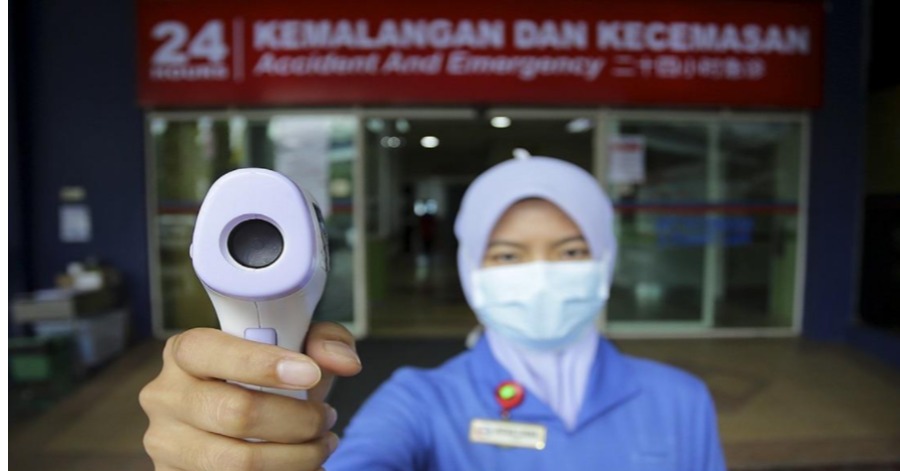


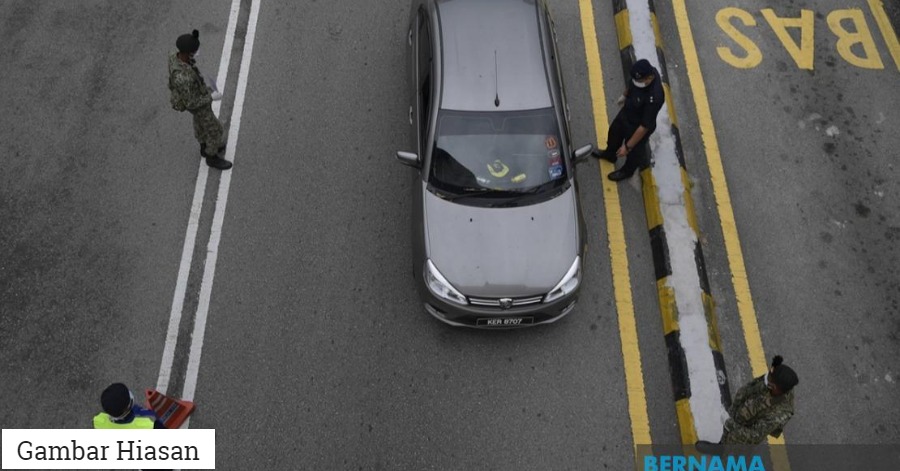
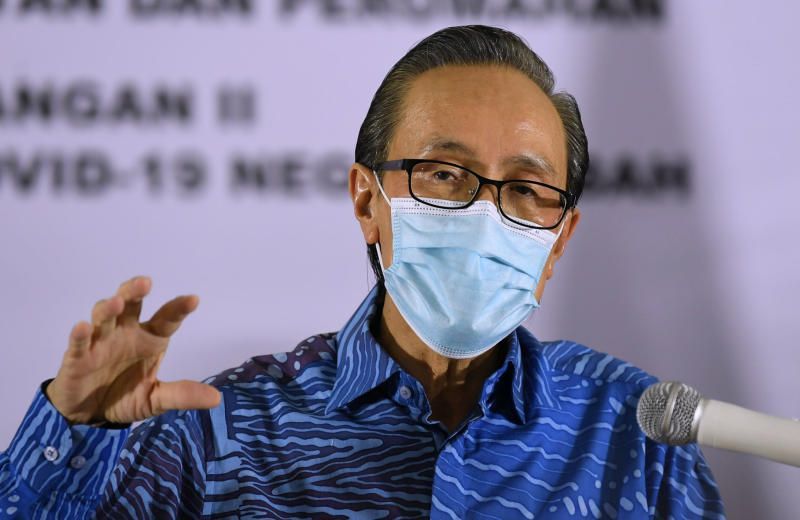
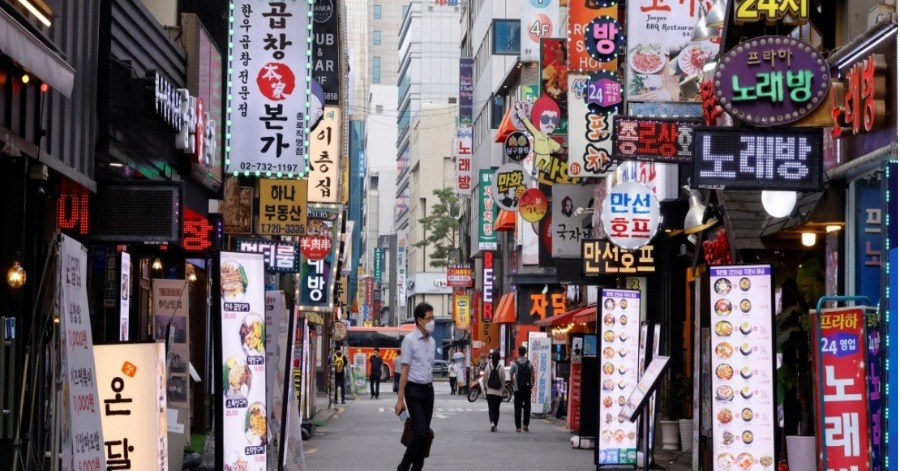
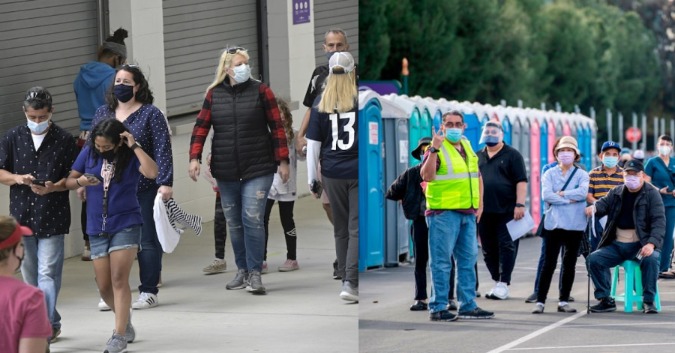
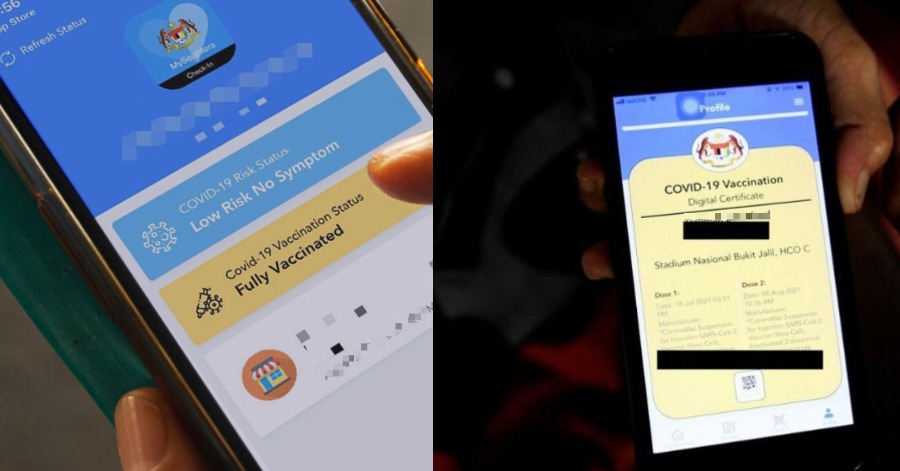
Leave a Comment